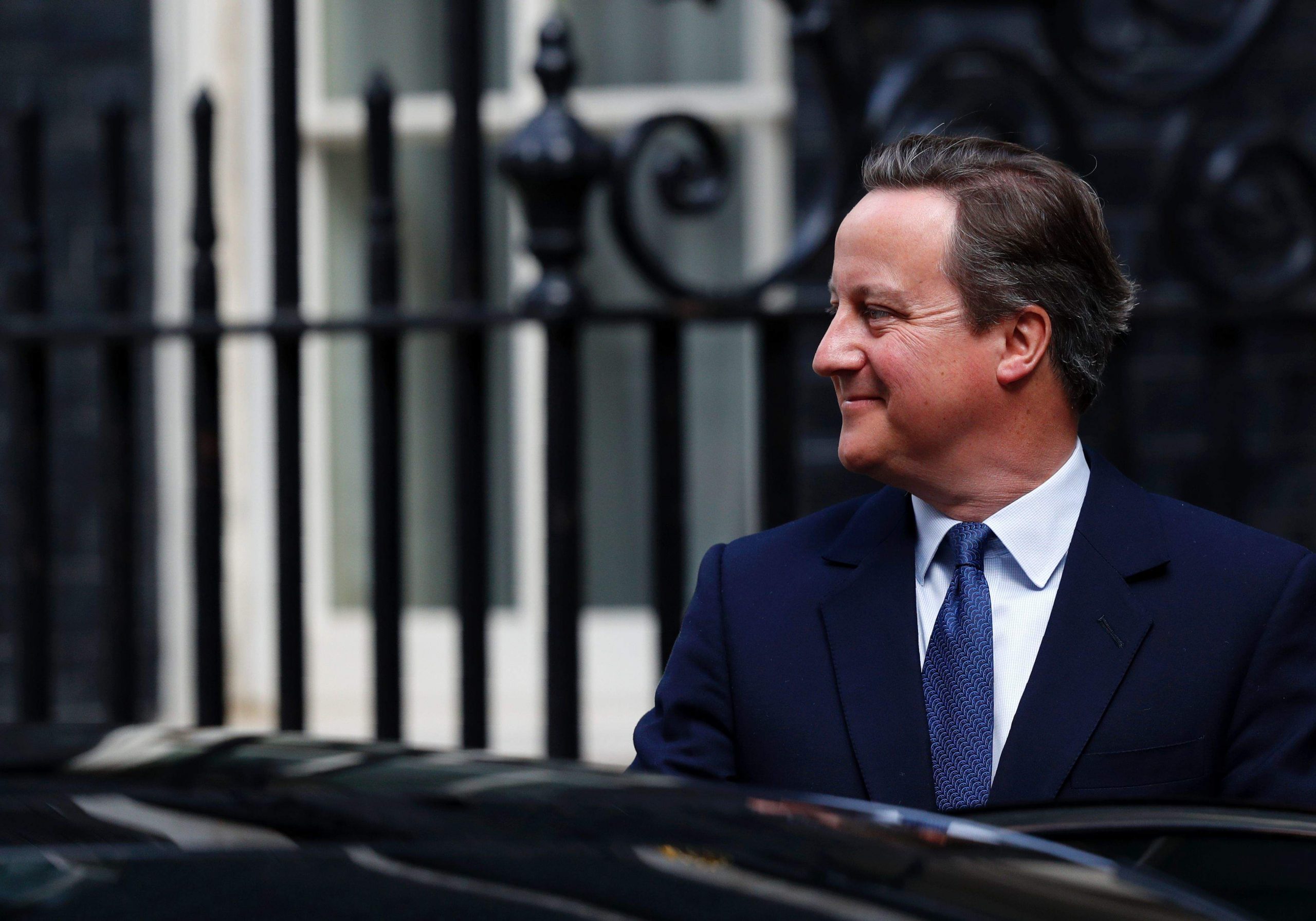
Just a year after he became the first Tory leader for more than two decades to win a majority, David Cameron today stood at the despatch box for the final time as Prime Minister. In the circumstances, he could have been forgiven for a morose performance. But his valedictory PMQs showcased the wit and fluency that earned him his place. Watched from the gallery by his wife and children, Cameron opened: “Other than one meeting this afternoon with Her Majesty the Queen, the diary for the rest of my day is remarkably light.”
Jeremy Corbyn, the fourth Labour leader the PM faced, praised him for the release of Shaker Aamer from Guantanamo Bay and for equal marriage (without which Cameron would be struggling for a positive legacy). But Corbyn swiftly changed tone, berating him for the rise in homelessness and the lack of affordable housing. He later spoke of how many felt their local economy had been “destroyed” and of “a deep sense of malaise”. Any expectation that the Labour leader would pull his punches was banished. But Cameron had his own ammunition.
“Let’s just take the last week,” he said. “We’ve had resignation, nomination and coronation – they haven’t even decided what the rules are yet. If they ever got into power it would take them about a year to work out who would sit where.” He wryly complimented Corbyn on his “tenacity”, comparing him to the Black Knight from Monty Python. “He’s been kicked so many times, but he says ‘keep going, it’s only a flesh wound’ – I admire that!” Best of all, he brandished an email from “Judith” on 16 September 2015, advising him to avoid “triumphalism” against the new opposition leader. “Tom Watson who may oust Jeremy Corbyn is a very different kettle of fish, he’s experienced, organised and far more dangerous in the long-term … let him create his own party disunity,” she wrote. In view of recent events, Cameron quipped: “I’ve got to find Judith and find out what happens next.”
But to his credit, Corbyn ended with some artful self-deprecation. He would like Cameron to thank his mother, he remarked, for the advice on “ties and suits and songs”. The most jarring moment was provided by the SNP’s Angus Robertson who told the blunt truth: “The Prime Minister’s legacy will undoubtedly be that he has taken us to the brink of being taken out of the European Union”. He sternly added: “So we will not be applauding his premiership on these benches.” In response, Cameron couldn’t resist one last awful gag. “A Scotsman winning Wimbledon twice… never mind Indy 2, I think it’s time for Andy 2.”
But he was on better form in his final answer to Ken Clarke, who advised him to remain an “active participant” in the House. In an extended response, Cameron revealed that one of Clarke’s first acts as Chancellor was to sack him as a special adviser and quipped that “Tory modernisation never got quite as far” as the grandee accepting a mobile phone.
There were strains of Tony Blair in his closing peroration in which he extolled parliament as the home of those with “huge passion for the issues they care about, with great love for the constituencies they represent”. With his final words, he more than rose to the occasion: “Nothing is really impossible if you put your mind to it. After all, as I once said, ‘I was the future once.'” Though Labour did not replicate the standing ovation that Blair received from the Tories, Cameron was sincerely applauded, including by Corbyn.
The Prime Minister, his opponents would often tell me privately, “is a class act”. Afte an end both dignified and stylish, few in the House would argue with that.



